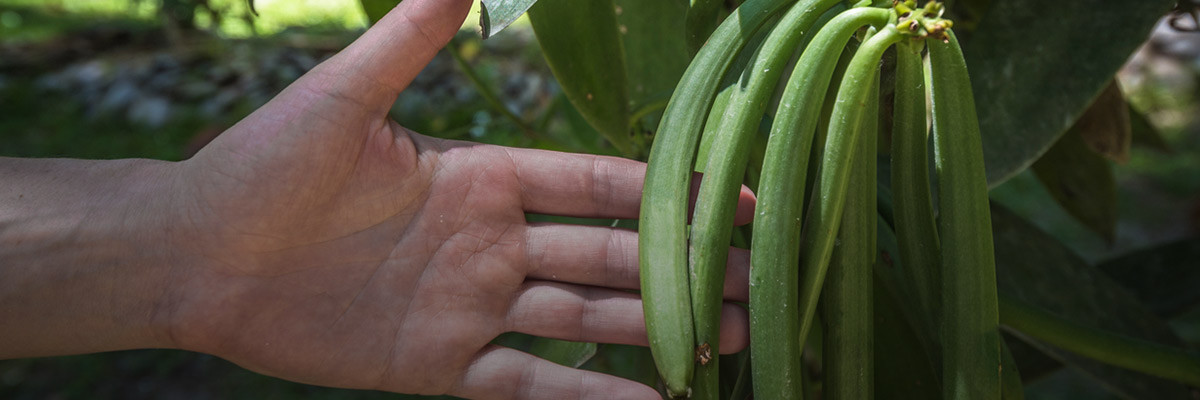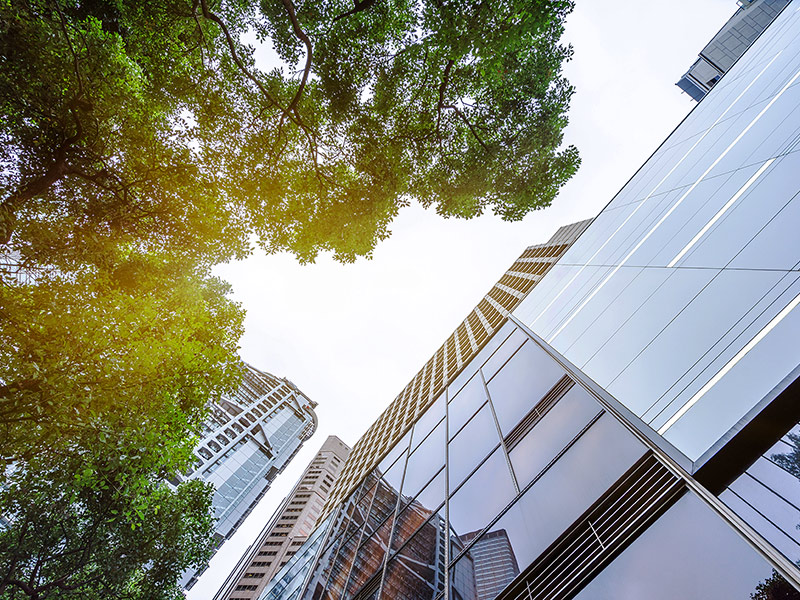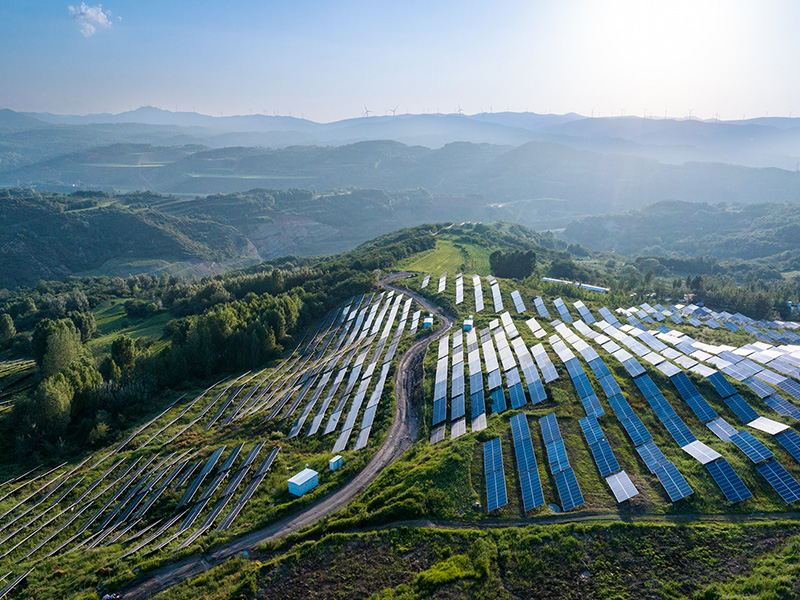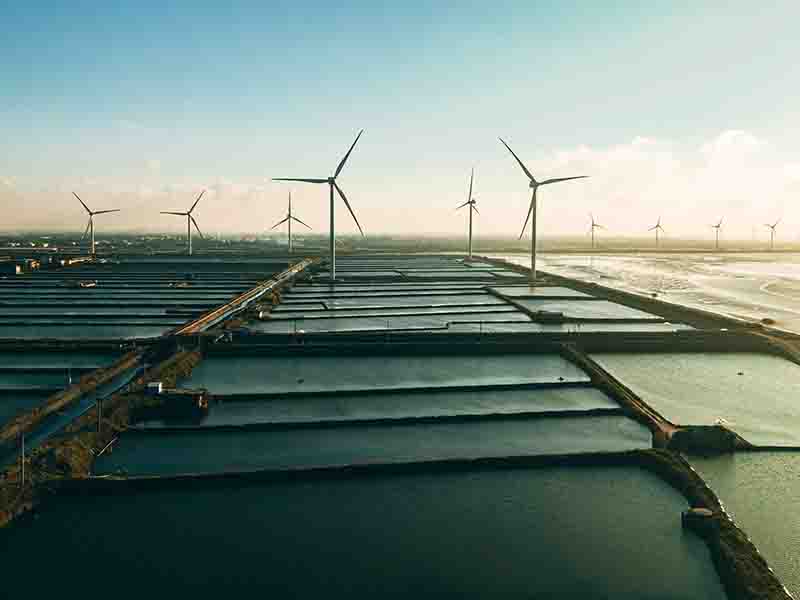
Authors
-
Jonathan Morris
Former Associate Director, Technology Sectors, BSR
Over the past year, The Estée Lauder Companies and Aveda have been working with LMR Naturals by IFF, BSR, and Envisible to establish a blockchain-enabled traceable supply chain that identifies opportunities to deliver sustainability benefits to all the actors in the supply chain. This post is the third in a series documenting the journey of this innovative partnership and follows up on a first blog (published in July 2019) and a second blog (published in December 2019).
COVID-19 has caused shockwaves across global industries as most of us throughout the world experience firsthand the challenges of supply chain resiliency and transparency. From sudden shortages of certain food and household staples to questions about the safety or future availability of certain items based on their source of manufacturing, we are all realizing that we live in an extremely interconnected but paradoxically opaque world.
At first these shortages could be dismissed as simply a rush of demand that outstrips supply (i.e. panic and hoarding), but as we explore deeper, we can find curious anomalies about the way many supply chains function. A realization begins to emerge that many supply chains are only designed to function within the framework of a globalized society with its multitude of interdependent systems that can be relied upon to predictably function all the time, exactly as expected. And then...the unexpected happens, and it becomes painfully clear that traceability, transparency, and resilience are the only way to ensure a lasting and sustainable business model.
When we begin to emerge from the shock of the current worldwide health crisis and its impact on the global economy, smart businesses will take this opportunity to reevaluate their supply chains in order to reduce the unknowns that erode resiliency when unanticipated changes occur. This means having a granular understanding of not only your suppliers, but the suppliers of your suppliers and the associated risks to which you are exposed, so that in the future businesses can better anticipate both direct and indirect concerns.
By taking steps to ensure greater visibility into supply chains before times of crisis, companies gain greater awareness of potential critical disruptions, or other unexpected business concerns, that might arise in the future.
Over the past nine months, LMR Naturals, BSR, and Envisible have been working with The Estée Lauder Companies and Aveda to better understand these issues in a supply chain that starts on a bumpy road in rural Madagascar and ultimately crosses three continents to deliver the vanilla that is an essential component to the many of Aveda’s fragrances and formulas. Our work began long before COVID-19 and involved laying the track for a fully digitized supply chain, with transactions at each point in the chain of custody being immutably recorded on a blockchain using Wholechain. It started as an exercise—a compulsory first step—to facilitate sustainable and responsible sourcing all the way back to a co-op of smallholder farmers.
This product has enabled The Estée Lauder Companies and Aveda, along with its natural ingredients partners LMR and the local cooperative Biovanilla, to achieve full traceability and greater visibility into the vanilla supply chain in real time. This will enable it to move forward on a path toward obtaining fully sustainably sourced vanilla in Madagascar—a win for the companies and for the cooperative and the farmers with whom it works.
Now in light of COVID-19, this important work reveals a broader opportunity to evaluate the systems that enterprises have in place to monitor the myriad indirect yet consequential concerns that arise in our interconnected world.
By taking steps to ensure greater visibility into supply chains before times of crisis, companies gain greater awareness of potential critical disruptions, or other unexpected business concerns, that might arise in the future. So, what are some supply chain lessons we can take away from this work, especially in light of COVID-19?
- Full supply chain awareness is critical. Businesses need to monitor not only their suppliers but their suppliers’ suppliers in order to truly anticipate risks that might arise. There are solutions even for the most complex supply chains, even for companies with relatively small procurement leverage.
- Digital verification is increasingly important. Businesses have become all too accustomed to hopping on planes in order to understand issues on the ground. COVID-19 has not only made this impossible for a time, but it has raised our awareness of the risks involved with depending solely on local, physical verification of sourcing locations.
- There is no reason not to start now. The rise of digital tools and solutions to monitor and analyze certain supply chains could significantly improve transparency and resilience in anticipation of the next global crisis. This will better enable business leaders to understand risk exposure, position themselves to respond to disruptions, and promote sustainability collectively along their supply chains.
The common and appropriate management refrain is to "never let a good crisis go to waste." COVID-19 has been a wake-up call on many levels in our globalized world, exposing economic and social blind spots that will demand collective innovation. If there is a positive result that can emerge from this crisis for businesses, it will be a lesson in resilience: use this opportunity to become better prepared for future unexpected disruptions. A transparent supply chain is one element that business can tackle now.
BSR’s latest sustainability insights and events straight to your inbox.
Topics
Let’s talk about how BSR can help you to transform your business and achieve your sustainability goals.







